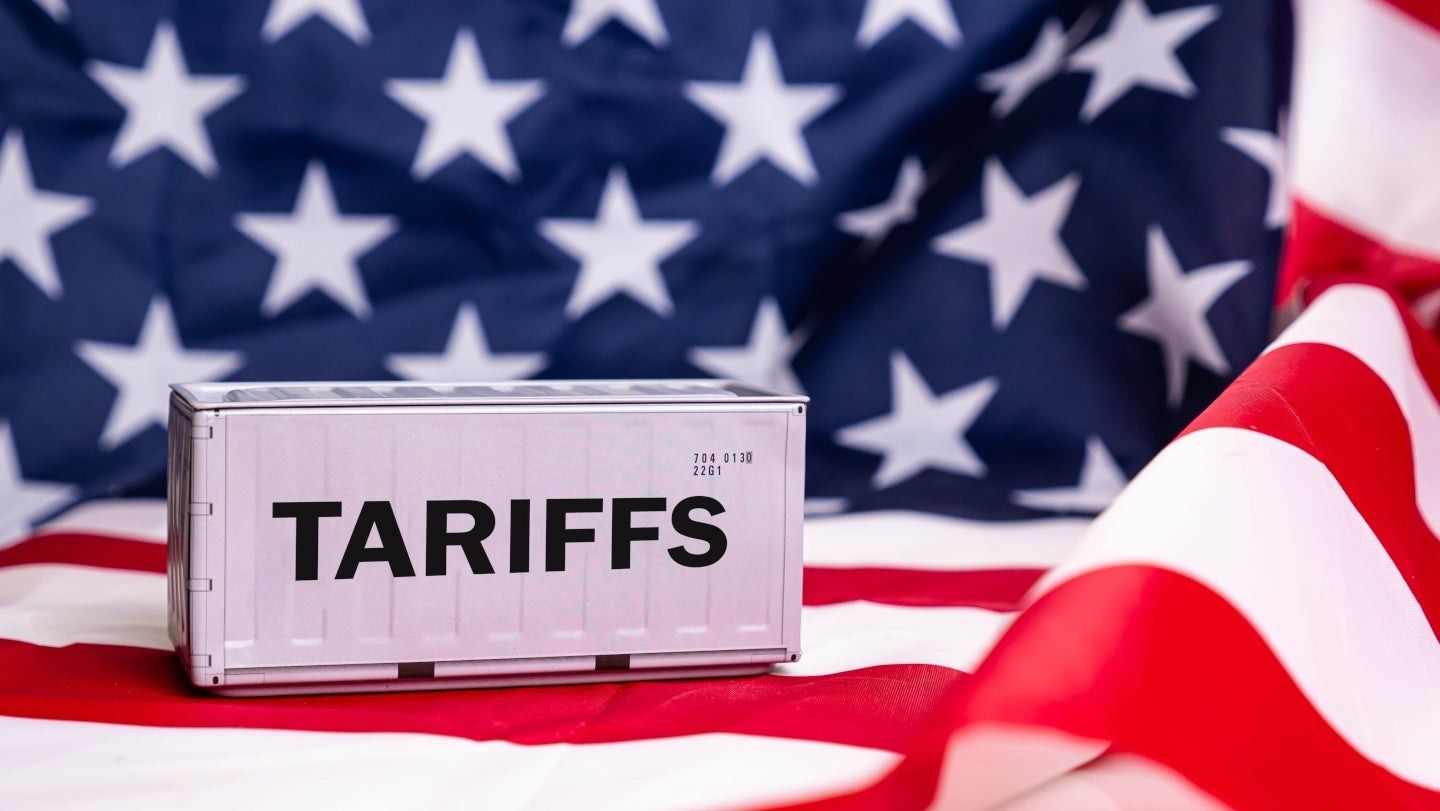By Alimat Aliyeva
The United States has imposed a 10 percent tariff on most
softwood lumber and timber imports from New Zealand, a move
industry groups say will negatively impact the country’s forestry
and wood-processing sectors, Azernews reports,
citing foreign media.
Industry leaders warned Wednesday that the new duty will reduce
New Zealand’s competitiveness, squeeze profit margins, and
ultimately increase costs for American consumers.
“These tariffs are highly disruptive to New Zealand’s forestry
sector, especially at a time when confidence and stability are
crucial,” said Elizabeth Heeg, chief executive of the New Zealand
Forest Owners Association (NZFOA).
Heeg emphasized that the tariffs pose immediate challenges for
both forest growers and wood processors, but noted the industry’s
commitment to diversifying and expanding into new markets.
“This adds uncertainty and risk for exporters who have been
working hard to develop long-term, sustainable supply chains that
benefit both countries,” she said.
The tariff, announced by former U.S. President Donald Trump
following a Section 232 investigation into national security
concerns related to timber imports, will come into effect on
October 14. Initially, Washington considered tariffs as high as 50
percent but eventually settled on 10 percent.
In 2024, New Zealand exported approximately 370 million NZD
(around 215 million USD) worth of radiata pine products to the
United States, making the U.S. the third-largest market for New
Zealand’s value-added forest products, according to the NZFOA.
Mark Ross, chief executive of the New Zealand Wood Processors
and Manufacturers Association, noted that the increased costs might
either be absorbed by exporters or passed on to U.S. buyers,
potentially impacting prices and supply chains.
New Zealand’s forestry industry is one of the country’s largest
export sectors and a significant contributor to its economy,
employing over 50,000 people and supplying sustainable wood
products to more than 130 countries worldwide.
